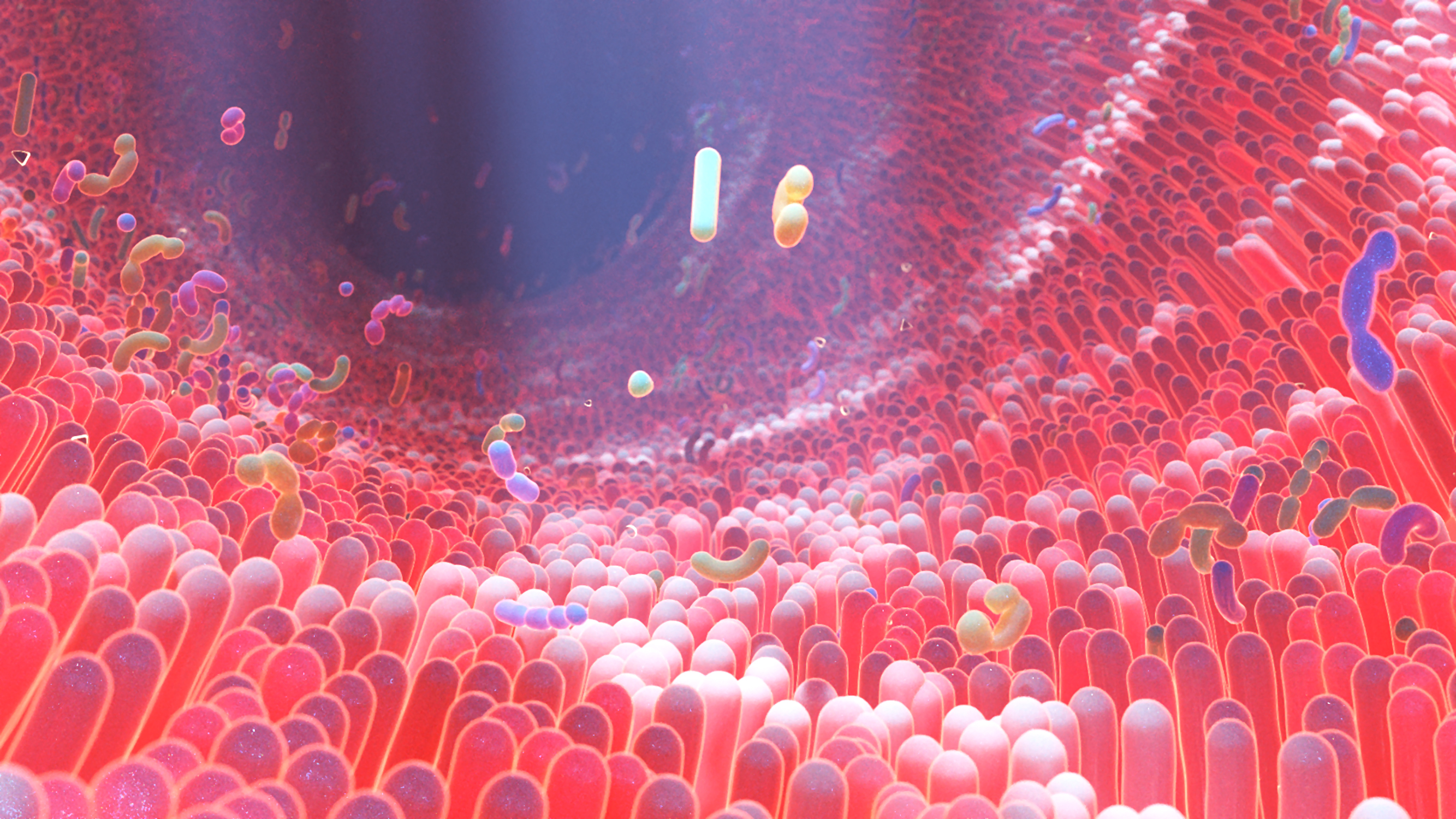
Do you have gut issues?
We were fortunate to sit down with Dr. Ken Brown, Functional Gastroenterologist, from Plano, Texas. As a functional doctor, he focuses on preventing disease as opposed to treating disease. He’s dedicated over 20 years of his practice to specializing in inflammatory bowl disease and irritable bowl syndrome. He also developed a groundbreaking answer for IBS and bloating, an over the counter, all-natural solution called Atrantil that targets the symptoms of IBS. He continues to find natural solutions grounded in scientific principles and is currently working on a new formulation for acid reflux, with a mission to bring relief to so many out there suffering from acid reflux every day.
So, how do we prevent gut issues?
It all starts with the microbiome, which is a community of microorganisms that live in and on the body, including the gut.
Dr. Brown suggests that we protect our microbiome. As he states, the microbiome is a vital organ. If your microbiome is sick, you will be sick. If your microbiome is healthy, it will keep you healthy. As he describes, gut health directly affects the microbiome, which essentially means that the microbiome is an extension of your gut.
How do we protect our microbiome?
First, avoid highly processed foods. This includes foods that have emulsifiers, artificial sweeteners, highly processed seed oils and high fructose corn syrup. Focus on eating whole foods instead, including protein, vegetables, fruits, whole grains, nuts and seeds, legumes, natural fats and oils, and dairy (all with minimal processing and no added sugars).
Second, minimize use of antibiotics. As a doctor, he recognizes that antibiotics are effective at fighting bacterial infections, but the downside is, they don’t distinguish between harmful or beneficial bacteria. When the antibiotics are harming the beneficial and harmful bacteria, this causes a disruption of the gut microbiome, also called dysbiosis, reducing the diversity of your microbiome. So, it’s good practice to not automatically turn towards antibiotics. Make sure it’s a bacterial infection being treated, and that it cannot be treated another way.
Third, lifestyle affects the microbiome. Part of this includes managing our stress. When cortisol levels go up we see that our microbial diversity decreases. Think about ways to relax like mindful meditation, yoga or breathing exercises. We all relax or find enjoyment in relaxing differently, maybe it’s not in meditation or yoga. Maybe it’s reading, or cooking, or gardening. Identify something that interests you, and that you have easy access to doing, so you can incorporate the activity consistently in your daily routine.
Fourth, Improve your sleep patterns. We have a circadian rhythm of our microbiome. If we mess with our circadian rhythm and are not getting restful or restorative sleep, that sleep deprivation can decrease the diversity of our microbiome and create an imbalance. This can sound easier than it is in practice. Some things that help are creating a regular bedtime routine- winding down at the same time each day, put away electronics and keep them out of the bedroom. Drink a cup of tea, journal, or put lavender on your wrists and temples.
Fifth, include movement in your daily activities. This does not need to be rigorous activity all the time. We often hear that it’s good to take a walk after a meal. Walking after a meal actually improves insulin sensitivity, which helps utilize the food you’ve just eaten. If you have excess calories, insulin goes up, which affects your microbiome and ultimately increases your weight. The exercise helps to break that cycle.
Once we protect our microbiome, we feed our microbiome what it wants.
Dr. Brown suggests we feed our microbiome complex polyphenols. Polyphenols are the molecules that make our fruits and vegetables really colorful. They go through our digestive tract virtually intact, which means they do not get absorbed. With the right microbiome, it breaks down these polyphenolic compounds and produces anti-inflammatory molecules that circulate throughout your body.
It’s already known that we need fiber. Dr. Brown let us know that having fiber and polyphenols will give us the most benefit for our gut health.
Aside from the above tips for protecting your microbiome and feeding your microbiome what it wants, it’s important to know your own body. Pay attention to how you feel when you eat, when you start to get full, and what you do when you start to feel hungry. Do you change what you eat based on your mood? Do you notice your mood affecting what you eat. How do you feel after you eat a healthy meal versus eating something that’s not healthy? Paying attention might be a key answer to treating yourself better and therefore, improving your gut health.

